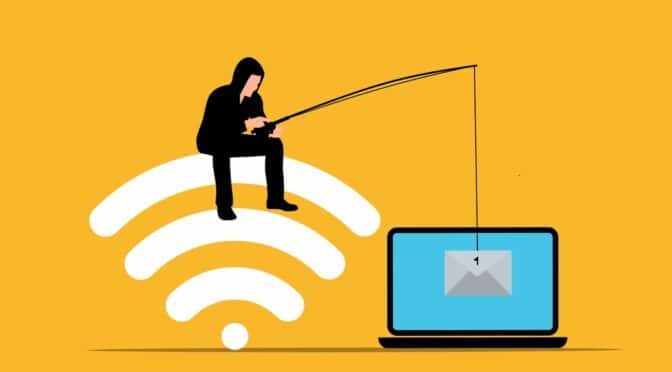Why freeze your credit report? A credit or security freeze on your credit report helps to protect you from identity theft and blocks anyone who tries to open a credit account in your name. You can now request a free credit freeze from the three major credit reporting bureaus, Equifax, Experian, and TransUnion.
A law requiring credit reporting agencies to freeze your credit for free went into effect on September 21. Consumer advocates called for the action after the Equifax security breach that exposed the personal information of 145.5 million people, most of the Americans.
Congress bundled the law into Republican legislation called the Economic Growth, Regulatory Relief and Consumer Protection Act. That law also scaled back some of the Dodd-Frank protections for consumers enacted after the 2008 financial crisis. But this one consumer-friendly provision may turn out to work in your favor.
Here’s what you need to know:
- A credit freeze does not affect your credit.
- You can still apply for a new credit card or ask for credit for something else. But you’ll have to give approval for a credit check.
- You can unfreeze your credit report at any time.
- It will still allow your creditors to review the report. But others will have to get your permission to see it. That means you have the control.
The new law also allows you to ask a credit reporting bureau to freeze your child’s account for free. This again makes sense, because thieves have stolen children’s identities and used their Social Security numbers to open credit card accounts, buy luxury goods, and even take out mortgages.
The new law also allows you to put a year-long fraud alert on your credit report, or your child’s credit report.
How do you put a freeze on your credit report? Simple.
Contact:
You can also help to protect your identity and your credit by requesting a free credit report at annualcreditreport.com. You can get a free credit report from each of the credit reporting bureaus once a year.



